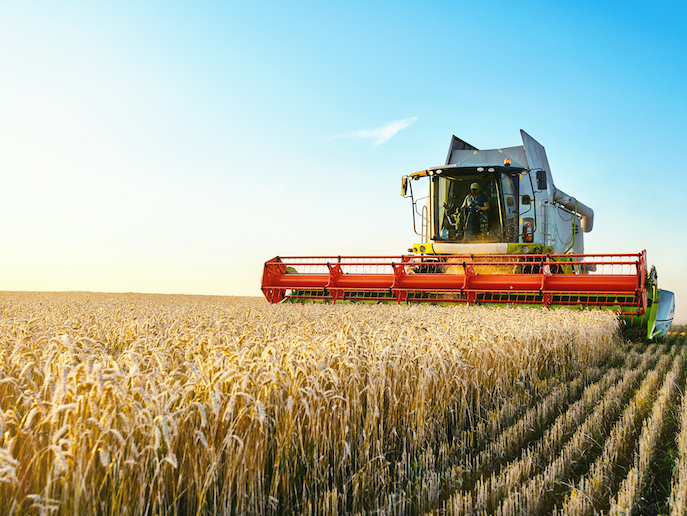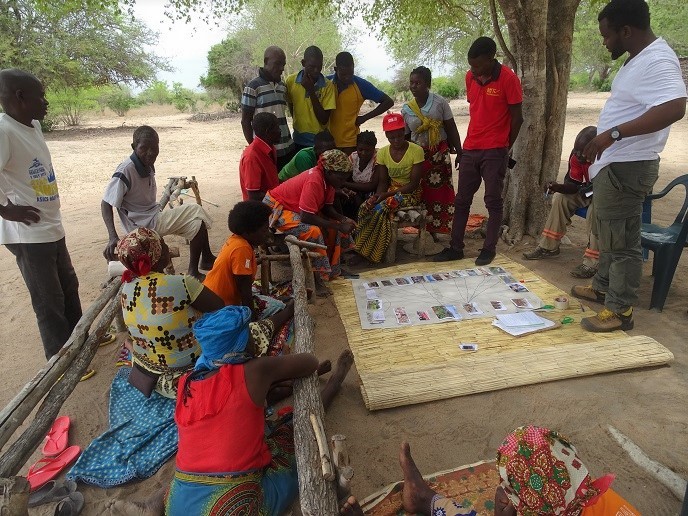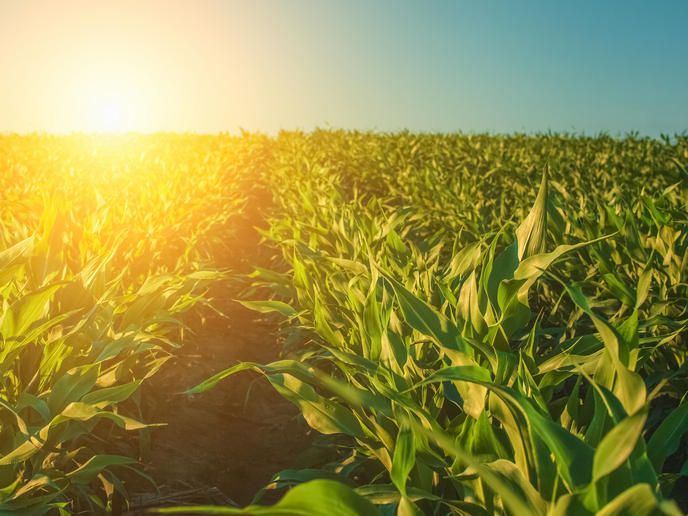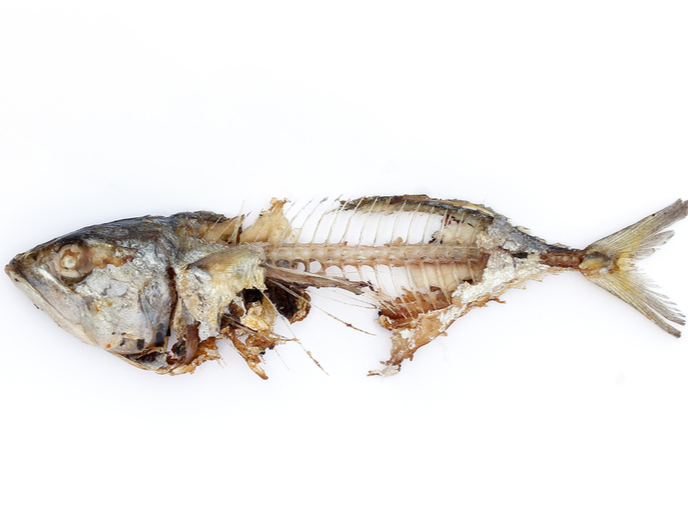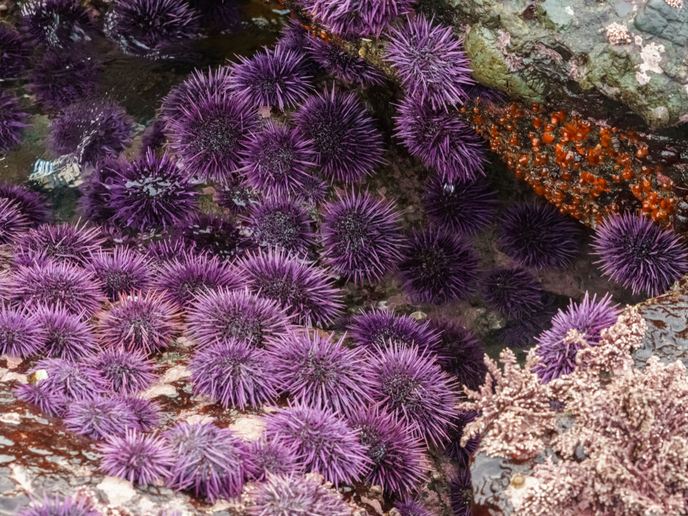Innovative irrigation technology boosts water efficiency
Population growth coupled with increased consumption is placing agricultural systems under pressure. Unfortunately, in many cases the effective management of natural resources has only been achieved after environmental degradation has already occurred. “This lack of perspective on the importance of natural resources persists,” says AQUA4D project team member Javier Meyer, director of AQUA4D(opens in new window) in Switzerland. “The focus tends to be on ensuring the supply and demand of agricultural products, rather than on the supply of natural resource inputs and whether these are constrained or reaching their limits.” In particular, Meyer notes that huge quantities of freshwater are used in agriculture; this is only set to increase in order to meet the demands of a growing global population. To avoid the twin perils of water scarcity and soil degradation, agriculture must become more productive, efficient and environmentally friendly.
Efficient water use
In this respect, irrigation technology is likely to play a crucial role. “Agriculture is one of the most water-intensive industry on the planet,” notes Meyer. “There are serious concerns about whether the supply of this precious resource can meet demand.” Salinisation(opens in new window) is another major problem in irrigated agriculture, where salts accumulate in the soil. These can reach levels that are detrimental to crops and yields. It has been estimated that up to a third of the world’s agricultural land has been damaged by salinity, presenting a profound threat to food security. The EU-funded AQUA4D project was launched with the intention of addressing these irrigation challenges, through the development of a simple, cost-effective and environmentally friendly irrigation innovation. “The technology we have developed efficiently dissolves minerals,” says Meyer. “This physical treatment of water also enables markedly better penetration into the soil. This can help to alleviate drought conditions and salinity issues, while using less water in the process.” This cutting-edge technology, already widely implemented in low-volume micro-irrigation(opens in new window), has been expanded through the project to be applied to more water-intensive macro-irrigation settings; the growing of crops such as cereals and oilseeds. This will pave the way for solving salinity problems and conserving water on a much larger scale. “Once we have finished this R&D phase, we hope to start commercialisation as soon as possible,” adds Meyer.
Sustainable agricultural practices
R&D projects of the scaled-up technology are now taking place in Brazil, Spain and the United States, with very positive results. “We have shown that the AQUA4D system can achieve key benefits for large crop farmers,” remarks Meyer. “These include water savings of up to 25 %, a 20 % increase in crop yields and a reduction in soil salinity and mineral crystallisation in the root zone. We believe the system is affordable for end users, with an estimated return on investment in less than 3 years.” Ultimately, Meyer and his team are confident that this technology can be part of the needed transition towards more sustainable and regenerative agricultural practices. Increased water efficiency means less emissions-heavy pumping is required, while better fertiliser efficiency means fewer agrochemicals entering soils and water cycles. “Tens of thousands of farmers will be able to sleep soundly, knowing that their production not only contributes to food security, but also has a positive impact on the water footprint and climate change,” concludes Meyer. “Food and water impact us all. Being able to contribute to sustainable agriculture has been a strong motivational driver. We believe we can have a very positive impact on the three Ps: People, Planet and Profits.”



